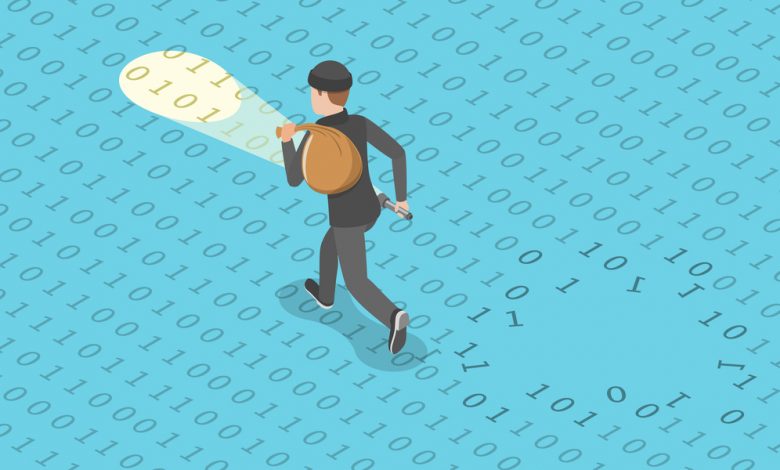
Table of Contents
What is Ransomware?
Ransomware is a type of malicious software that encrypts a victim's files and holds them hostage until someone pays the ransom. Ransomware attacks have become more common in recent years, and they're one of the fastest-growing types of cybercrime. Ransomware is often used as a means of extortion, but it can also be used for political coercion or other malicious purposes.
About Hgsh Ransomware
Hgsh is a type of malware known as ransomware that can encrypts all the files in a computer until the user pays a ransom. Hgsh ransomware drops a file named _readme.txt, containing a ransom note with instructions on how to send the cybercriminal the ransom. Files encrypted by Hgsh will have a .hgsh extension appended at the end of the file name.
Hgsh ransomware injects a PE file into a foreign process, reads software policies, queries a list of all running processes, and performs DNS lookups. It also reads the hosts file and uses HTTPS for network communication.
Hgsh Ransomware Capabilities
- Injects a PE file into a foreign processes
- Reads software policies
- Queries a list of all running processes
- Performs DNS lookups Reads the hosts file
- Uses HTTPS PE file has an executable .text section likely to contain obfuscated code
- Uses HTTPS for network communication
How to Remove Ransomware?
Once the ransomware has taken hold, there is no simple way to remove it. You can use antivirus software to remove the ransomware, but it is not guaranteed to remove the infection. You can try to remove the ransomware with the help of paid removal services, but that is not a guarantee either. You can also attempt to remove the ransomware on your own, but this is not a good idea either. It might cause severe damage to your computer.
How to Protect Against Ransomware?
There are a number of things that you can do to protect yourself from ransomware. The most important thing is to make sure that your anti-malware software is up to date and running on all of your devices. You should also make use of backup software, keep your operating system patched, and regularly update your anti-malware software.
- Use precautions and don't click suspicious links or attachments.
- Back up all important data in the cloud and on your devices, and make regular backups of your data to reduce the risk of data loss.
- Use a reliable antimalware app and update it regularly to help guard against malware infections.
- Maintain a backup of all important files and make regular backups of your data to reduce the risk of data loss.





Leave a Reply
Thank you for your response.
Please verify that you are not a robot.